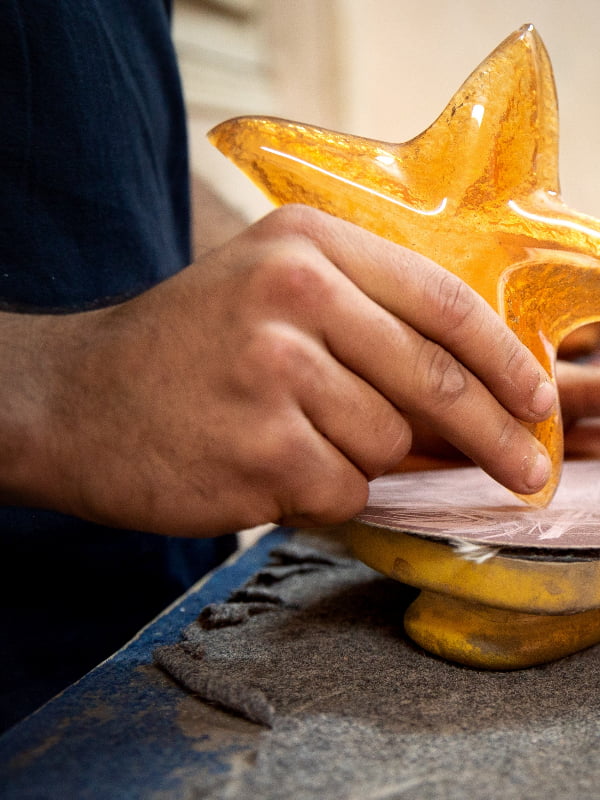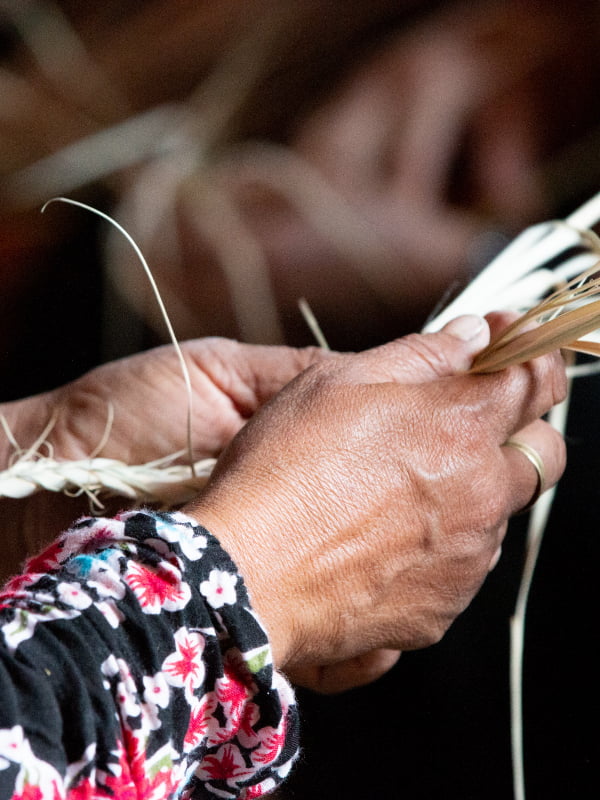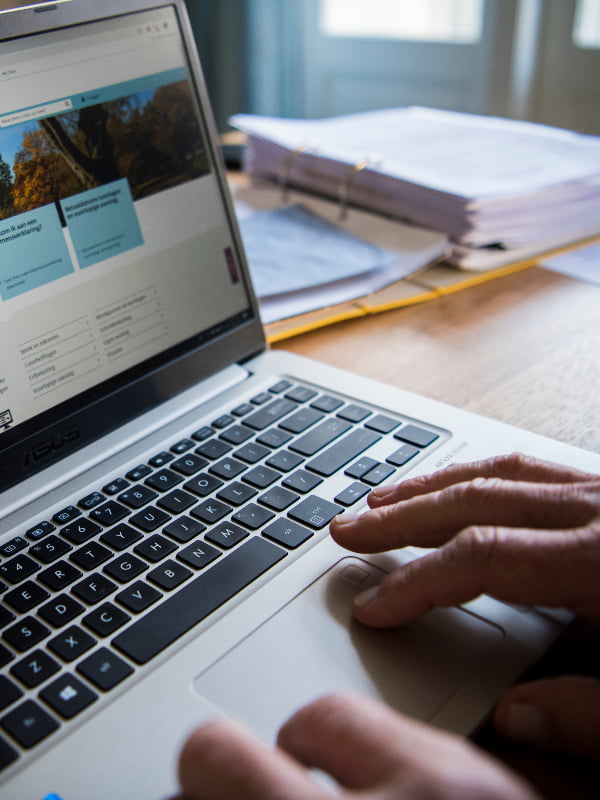3 reasons why we should preserve our groundwater
Groundwater is becoming more and more scarce. Climate change is causing many places on earth to dry up. Underground water buffers, lakes, ditches and ponds all have less and less fresh water. As our populations grow and we continue to use more and more water, our groundwater sources get depleted even faster. Groundwater is not only becoming scarcer but also more expensive.

Michel de Zwart, a groundwater expert at the Netherlands Enterprise Agency, explains why we should preserve our groundwater.
Michel de Zwart develops international programmes and groundwater-related projects. "Groundwater is something we have assumed would always be there. But only 1% of all the fresh water on earth is groundwater. Less than one-hundredth of a per cent is surface water. The rest is ice (2%) and seawater (97%). Yet, we use fresh water for many things: drinking, cooking, washing, and agricultural and industrial processes. The world's farmers use 40% of the groundwater for irrigation, while industries use just under 30%. But groundwater is becoming scarcer."
"I can give many reasons why we should do more to protect this source of life, but this is my personal top 3:
- People cannot live without groundwater
- Agriculture cannot thrive without groundwater
- No industry production without groundwater"
- People cannot live without groundwater
"Not everyone has access to clean drinking water. Take Ghana, for example, where many people in Accra depend on groundwater for their drinking water. Ghana is a mining country, and in the Atewa jungle, they mine bauxite. This means cutting down forests, which disrupts the natural process of groundwater infiltration and retention. Bauxite mining also releases many chemicals into the groundwater. This causes pollution and health risks for the region's more than 2.5 million inhabitants. Mining in the region poses a considerable risk to ecosystems, drinking water and regional security." - Agriculture cannot thrive without groundwater
"For crops to grow, we need water. Farmers all over the world mainly use groundwater for this purpose. This sounds simpler than it is. Suppose you grow crops. Your family farm is on a vast river, so there is enough water for your business. But influential farmers upstream use most of the water. This leaves little water downstream. As a result, the groundwater level drops. The available water becomes even more scarce, and the increasing scarcity leads to water competition between farmers. This impact on local economic viability and drinking water as a basic necessity is enormous. We see these problems and security risks in more and more countries." - No industry production without groundwater
"Industry uses a lot of groundwater for making products, generating energy, and cooling, for example, data centres and production processes. Worldwide, industrial processes significantly impact groundwater levels and water quality. In China, industrial wastewater pollutes around 80% of the groundwater. Polluted water enters and contaminates the entire chain, including water for drinking, agriculture and industry. Water pollution also affects product quality. One example is the market for semiconductors, needed to light up the screens of our computers and smartphones. A typical semiconductor plant uses 10,000 m3 of fresh, clean water daily. No pure water means no semiconductors and so no new computers."
"The lifeblood of every economy"
"We demand quite a lot from our groundwater. We need more knowledge and data on water in development projects. People must know what they are doing when their project involves groundwater. Not only do we need to be more aware, but we also need more insight into the availability and quality of water. We also need to learn how to purify industrial and other wastewater for reuse. Groundwater monitoring, providing better access to groundwater and 'water banking' all play an essential role here. We need to know how much water is coming in, how much is going out, and it's quality. Suppose we want to continue access to good quality groundwater, the lifeblood of every economy. In that case, we must ensure the continued data supply and carry out the necessary interventions based on this data."
Investing in knowledge and data
"The Netherlands Enterprise Agency commissioned Acacia Water to design a groundwater tool. The tool provides easy-to-understand information about the risks of groundwater projects. Businesses can use the tool to assess and respond to local groundwater risks. They can, for example, use the tool to ask project partners and the local community questions before starting a project. The Acacia Water tool is free, and anyone can use it. The next step is a multilateral groundwater atlas of the world. It would be great if we could get a real commitment to the tool at the United Nations Water Summit on 7 and 8 December 2022. I am hopeful. After all, the theme of the Summit was groundwater."
Want to know more?
The Netherlands Enterprise Agency supports groundwater projects with advice, network access, and grants. See our water-related programmes, such as Reversing the Flow and Partners for Water, for more information.
- Ministry of Foreign Affairs



